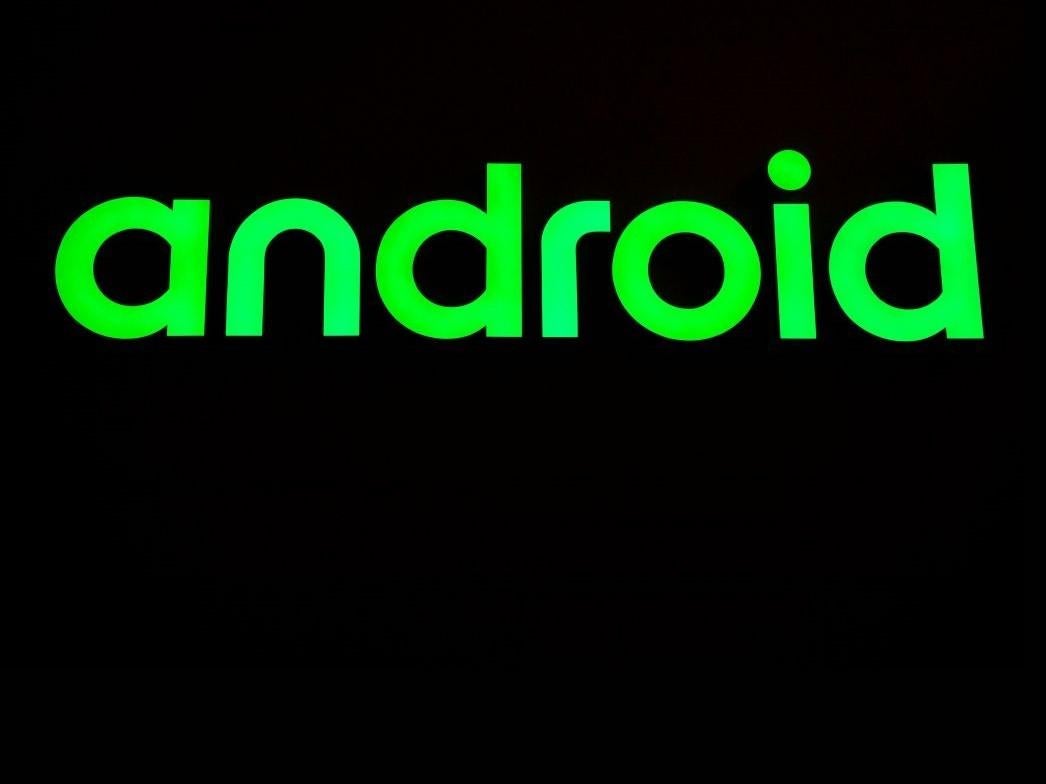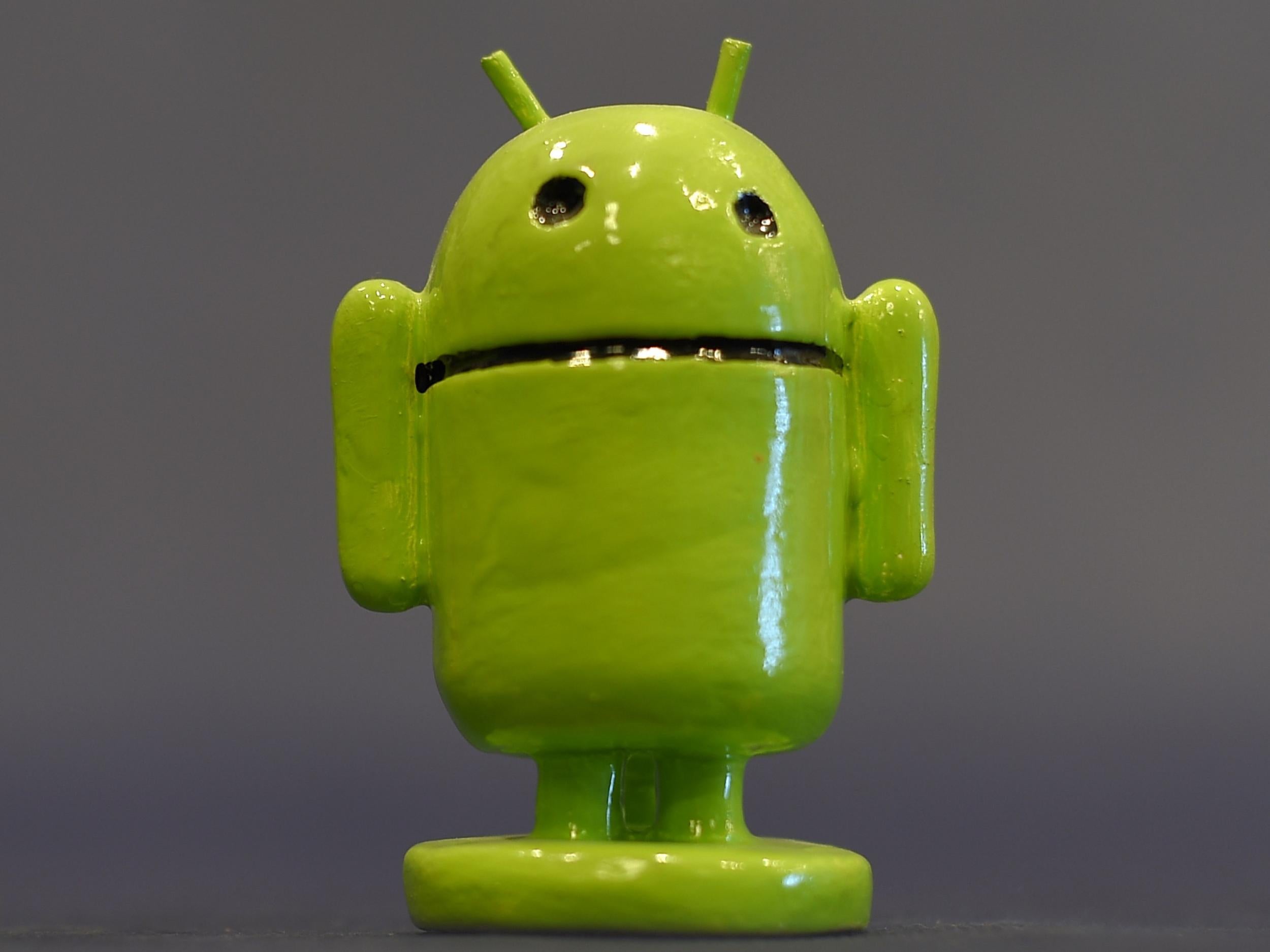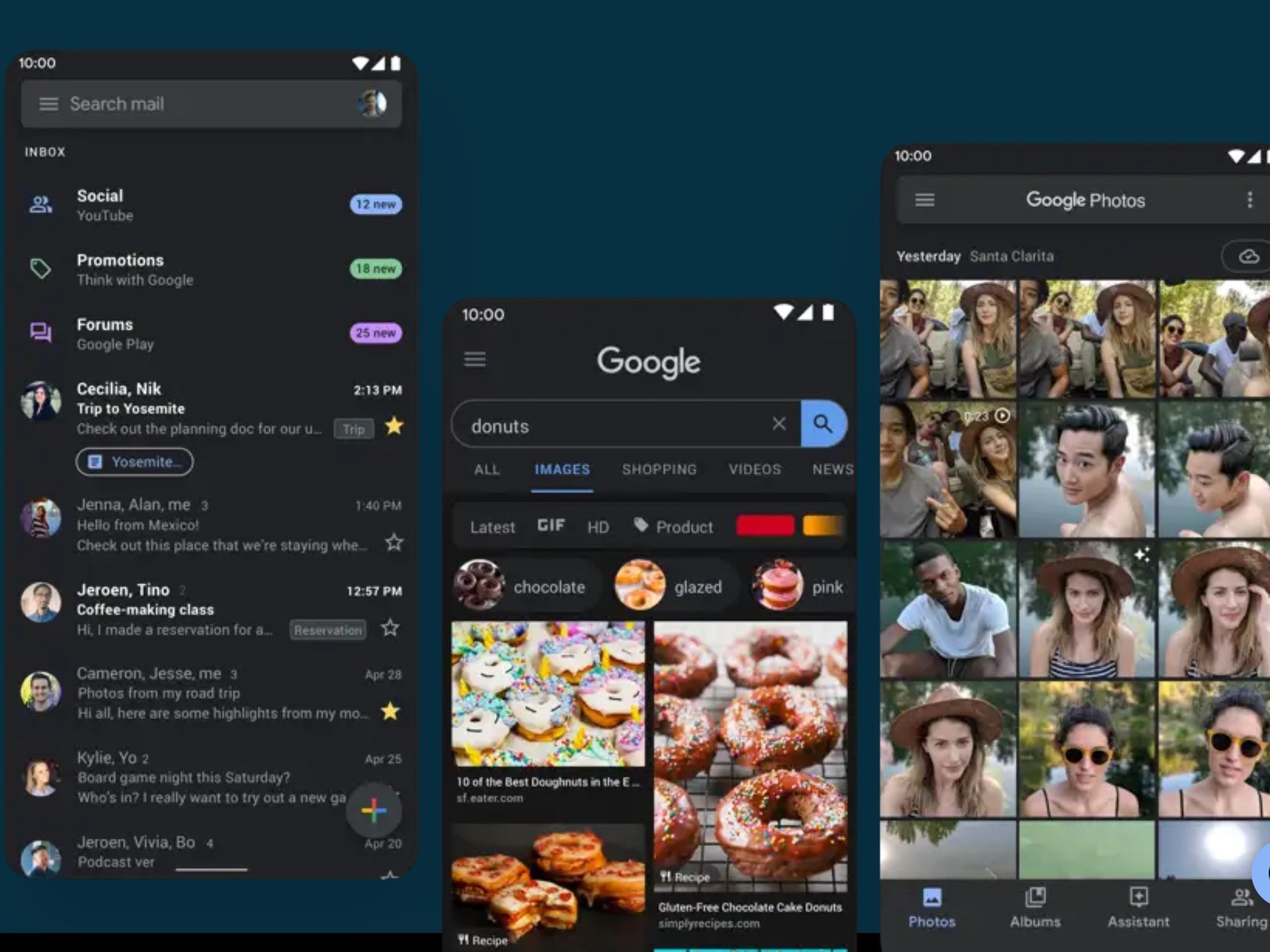Android 10: Google unveils major new update to world's most popular operating system
New operating system coming to other phone makers in the coming weeks

Your support helps us to tell the story
From reproductive rights to climate change to Big Tech, The Independent is on the ground when the story is developing. Whether it's investigating the financials of Elon Musk's pro-Trump PAC or producing our latest documentary, 'The A Word', which shines a light on the American women fighting for reproductive rights, we know how important it is to parse out the facts from the messaging.
At such a critical moment in US history, we need reporters on the ground. Your donation allows us to keep sending journalists to speak to both sides of the story.
The Independent is trusted by Americans across the entire political spectrum. And unlike many other quality news outlets, we choose not to lock Americans out of our reporting and analysis with paywalls. We believe quality journalism should be available to everyone, paid for by those who can afford it.
Your support makes all the difference.Google has released Android 10, the latest version of its hugely popular mobile operating system.
The US technology giant's Pixel range of smartphones will be the first to receive the update, with Samsung, Sony and other devices that use the OS due to receive it in the coming weeks and months.
Android 10 marks a major shift away from previous versions of the operating system, which has been the world's most popular mobile software since 2011.
One of the biggest changes is the name itself, as for the first time since Android's launch in 2008 it will not be named after a sweet treat or dessert.
The successor to Android Nougat, Android Oreo and Android Pie will simply be called Android 10, after Google decided to scrap the unusual naming convention in favour ot simplicity.
The new name comes as part of an overhaul to the design, branding and logo, which aims to make it easier for users to navigate the OS, as well as understand which version of Android is the latest one.
“As we continue to build Android for everyone in the community, our brand should be as inclusive and accessible as possible,” Google explained in a blog post announcing the changes.
As part of the design update, Google will change the logo and colour scheme of Android to give it a “more modern, accessible look”. Google is also changing the colour of the logo from green to black to make it easier for visually impaired people to see it.

Behind the scenes, Google has beefed up the security of Android in order to combat the growing scourge of cyber attacks and scam apps proliferating on the platform.
There are more than 2.5 billion devices around the world that use Android, meaning any lapse in security can have profound consequences for its users.
A recent report published last month revealed that malicious apps on Google Play had been downloaded more than 8 million times by Android users.
"Android devices already get regular security updates," Google wrote in a lengthy blog post introducing Android 10.
"In Android 10, you'll get them even faster and easier. With Google Play system updates, important Security and Privacy fixes can now be sent directly to your phone from Google Play, just the same way all your other apps update. So you get these fixes as soon as they are available."
As part of the new update Google also introduced dark mode - a highly-anticipated feature among Android users in recent years.
The new Dark theme is designed to "take it easy on your eyes" when using a smartphone in low-light conditions. Google claims it will also help prolong a device's battery life.

Other new features in a sound amplifier to boost sound and filter out background noise, as well as gesture navigation to move between apps using swipes.
This last feature means the back button, which has been a staple of Android operating systems in recent years, has now been removed.
Instead users will need to learn how to "get around with a swipe and a pull". Google claims this new system is designed to be quicker and more intuitive, though it is already proving controversial among Android users.
Finally, Android 10 comes with support for folding phones, meaning its interface can seamlessly transition between different screen shapes.
Both Samsung and Huawei plan to release folding smartphones later this year in the form of the Galaxy Fold and the Mate X, though their launch has been delayed due to issues with the mechanism.
Their delayed launch means they could come already shipped with the new operating system.
Join our commenting forum
Join thought-provoking conversations, follow other Independent readers and see their replies
Comments